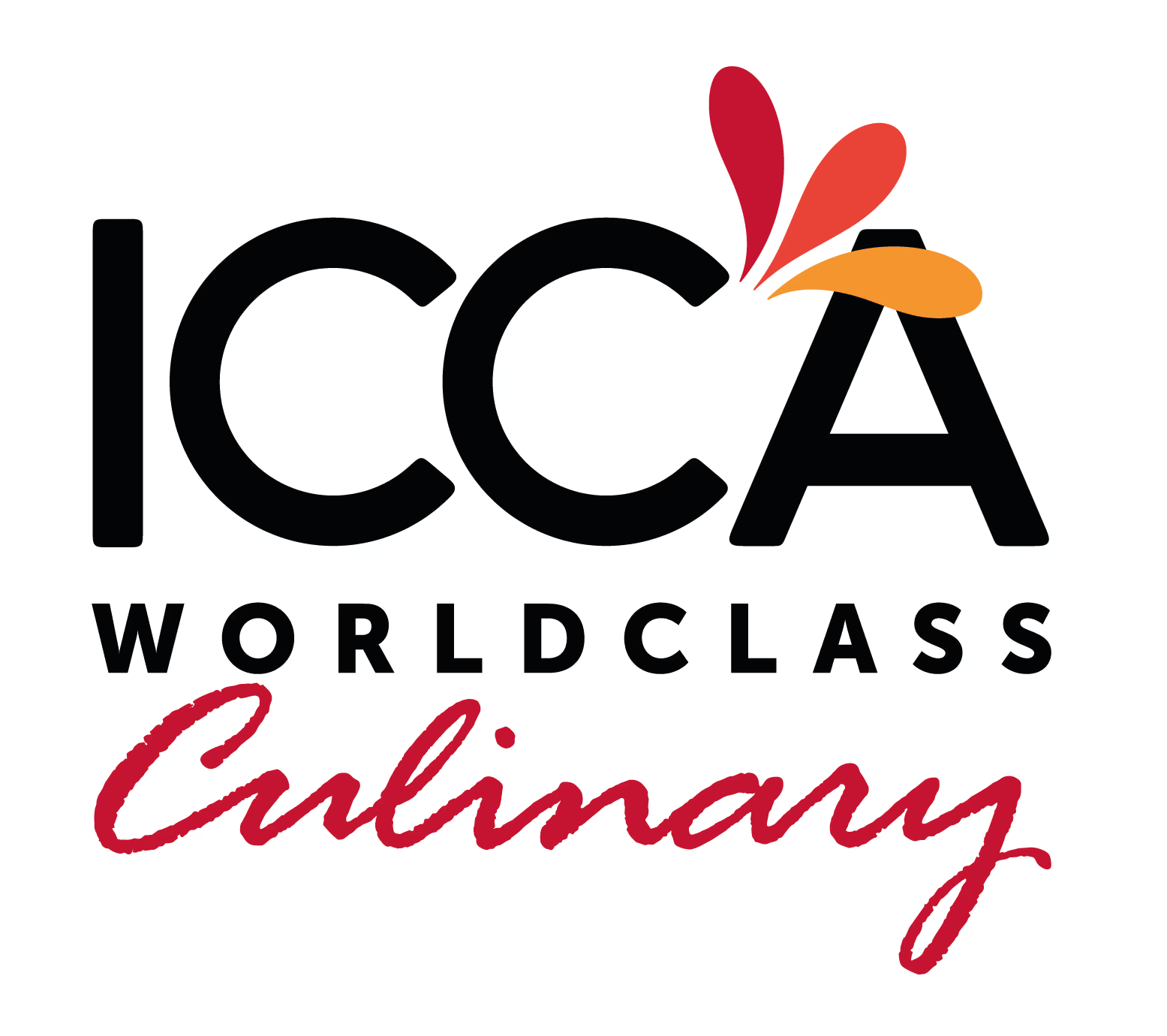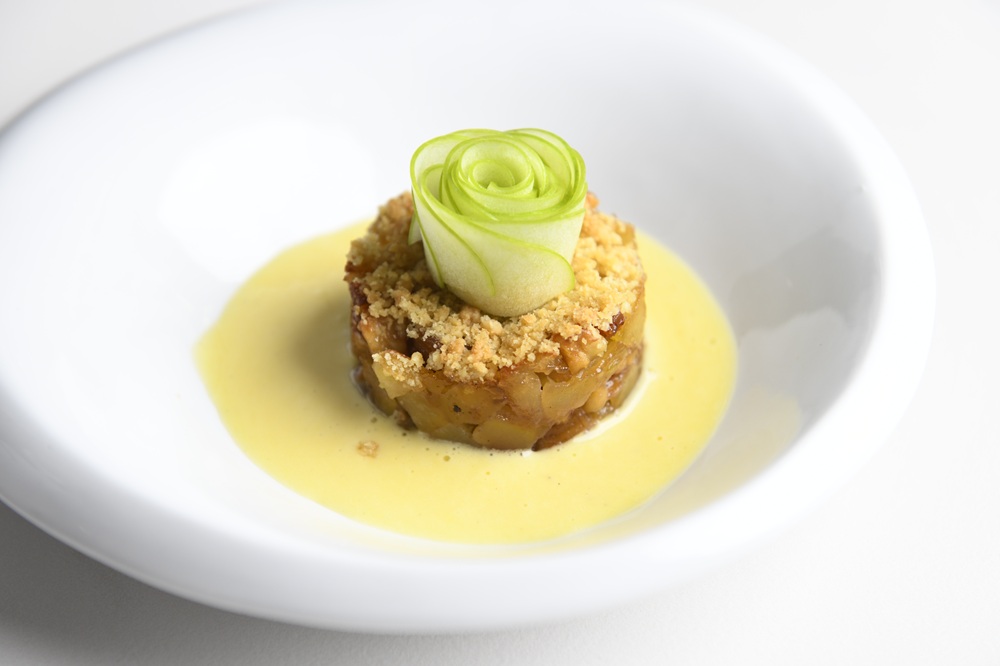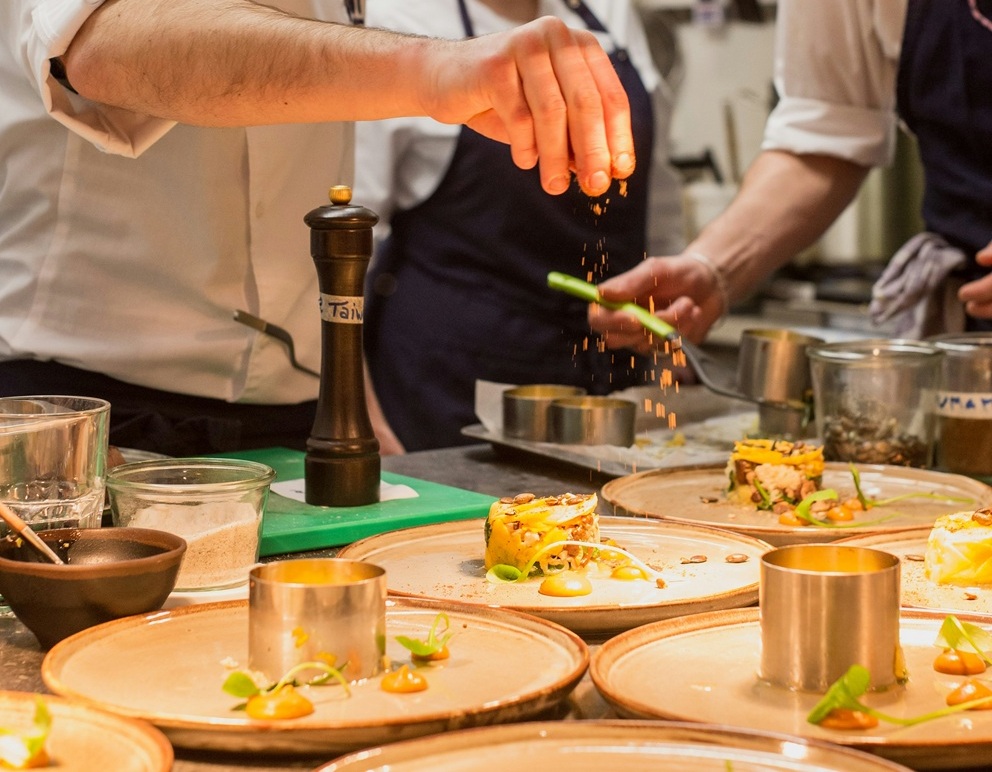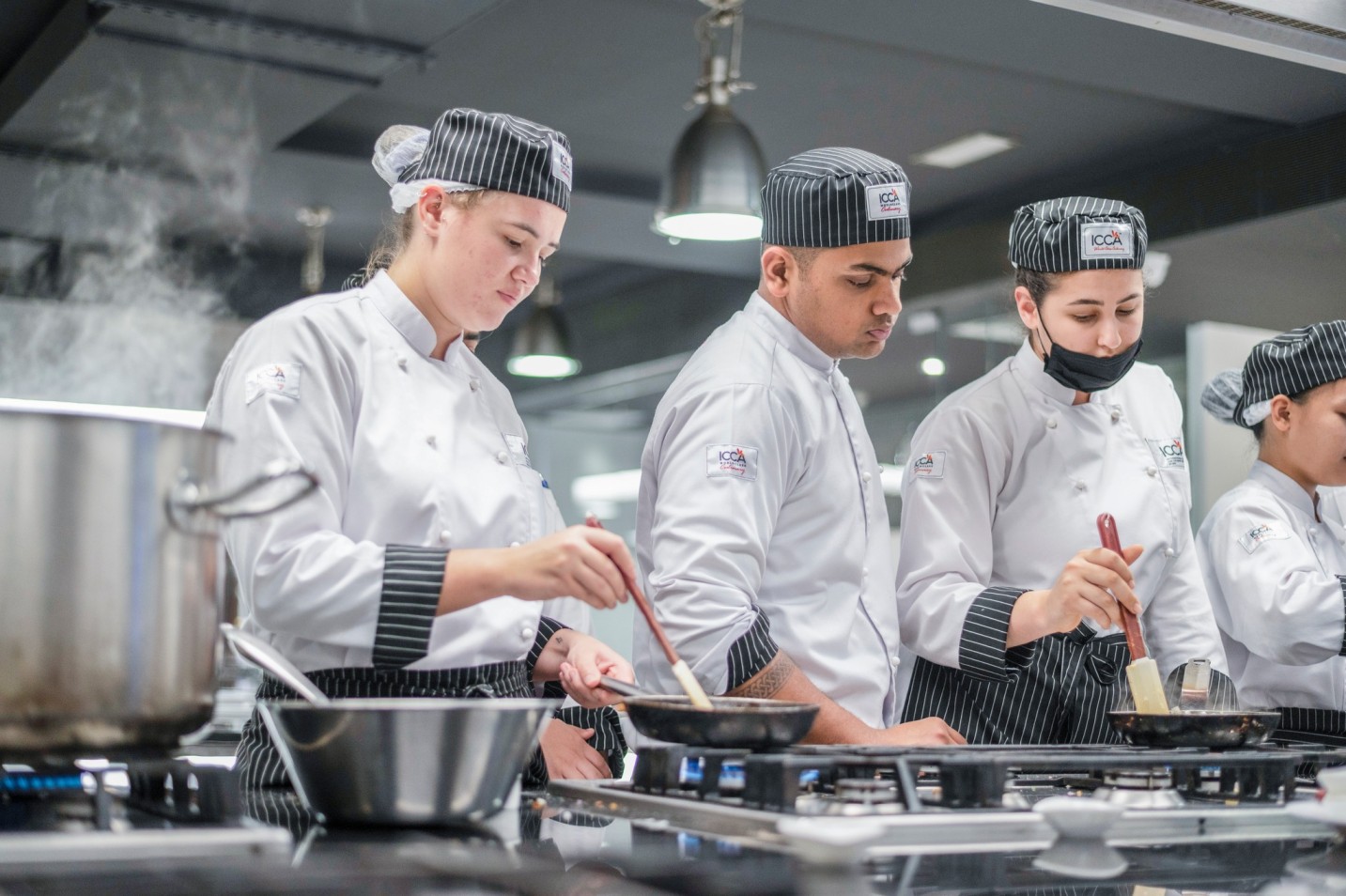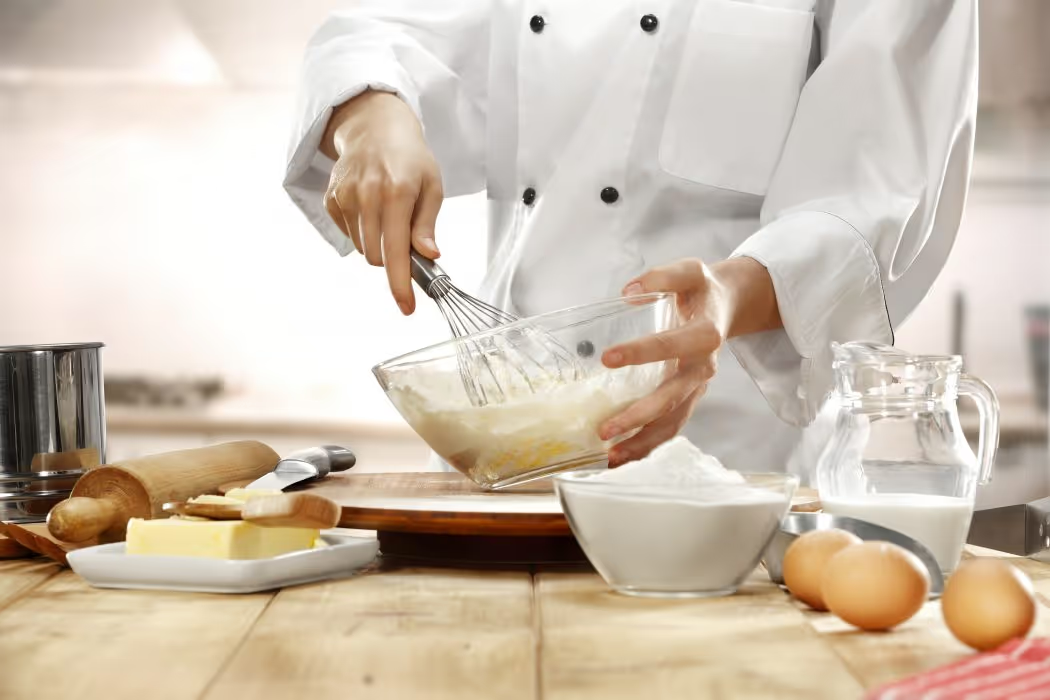Curious to know if you’re ready for culinary school? Here, we tackle three tell-tale signs of readiness and what you can do to prepare ahead of time.
Studying the culinary arts is a dream for many people. After all, whipping up delicious dishes, desserts and drinks is surely a pleasant way to make a living. What’s more, the lessons taught to aspiring professional chefs cover more than just cooking. You’ll walk away with multiple skills that can be used not just in the kitchen, but also in real life.
While training to be a professional chef can be quite fun and rewarding, it can also be a trying experience. You’ll find that the journey will test you both physically and emotionally, so it’s best to learn ahead what you’re getting into to see if you have what it takes to pursue it.
Curious to know if you’re ready for culinary school? Here, we tackle three tell-tale signs of readiness and what you can do to prepare ahead of time.
3 Tell-tale Signs That You’re Ready
When thinking about the degree you'd like to pursue or the career path that's right for you, it helps to observe if you possess a healthy interest or the right qualities and talents for a particular field. Try to look for these three signs to determine if enrolling in culinary school is the best step for you to take:
1.) You love to experiment with food

Most people know that a perfectly prepared meal is quite enjoyable, and some can even do a decent job of making it based on a recipe. However, a true-blue professional chef not only sees cooking as a step-by-step process but is also passionate about putting a twist into every meal he prepares.
From coming up with unique flavours to putting extra effort into plating the dishes, you are ready to become a true chef if you find ways to experiment in the kitchen and figure out new ways to apply cooking and food preparation techniques that will enhance the entire dining experience.
2.) You handle pressure well
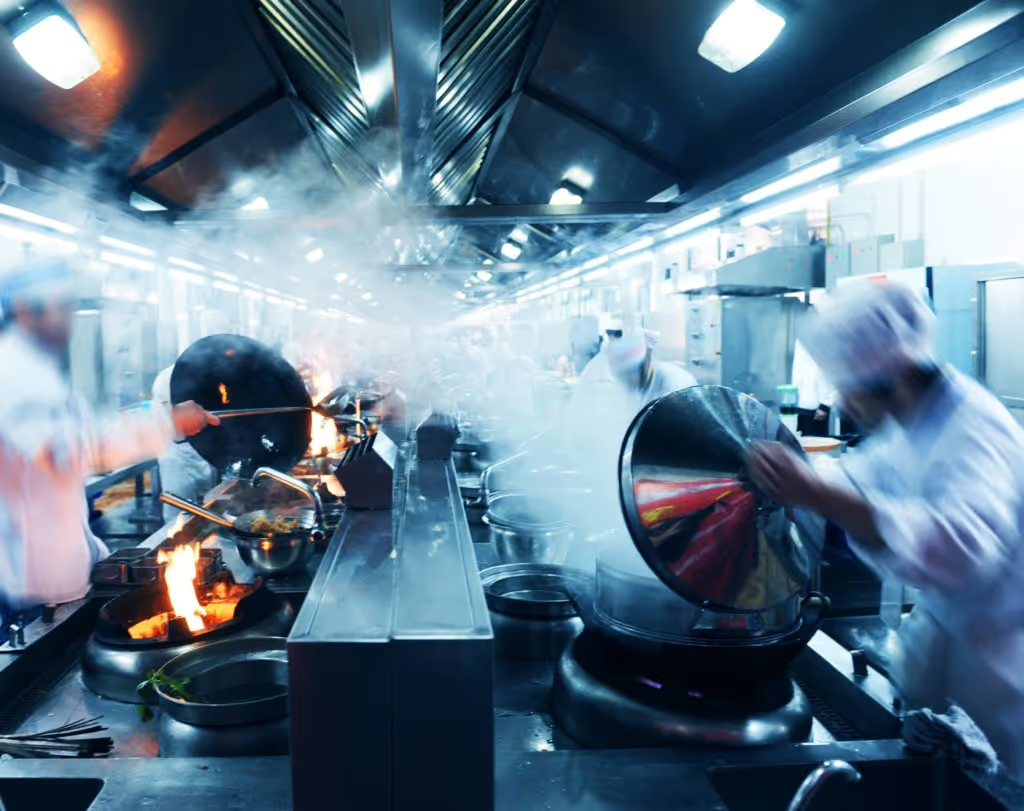
As mentioned earlier, working in the kitchen as a pro can be exhausting for both mind and body. In short, it is not for people with frail bodies and weak determination and will.
To be ready for the big leagues, you must be able to handle pressure well.
Chefs need the endurance and physical stamina to spend extended hours working quickly on their feet in an environment that is often very hot.
It is also necessary to develop mental and emotional endurance in this competitive environment as expectations are high, and tensions run higher. If you fail in this aspect, you’re likely to make mistakes, run into conflicts with co-workers, and miss opportunities to display your true talents during your shift.
3.) You have a clear culinary goal
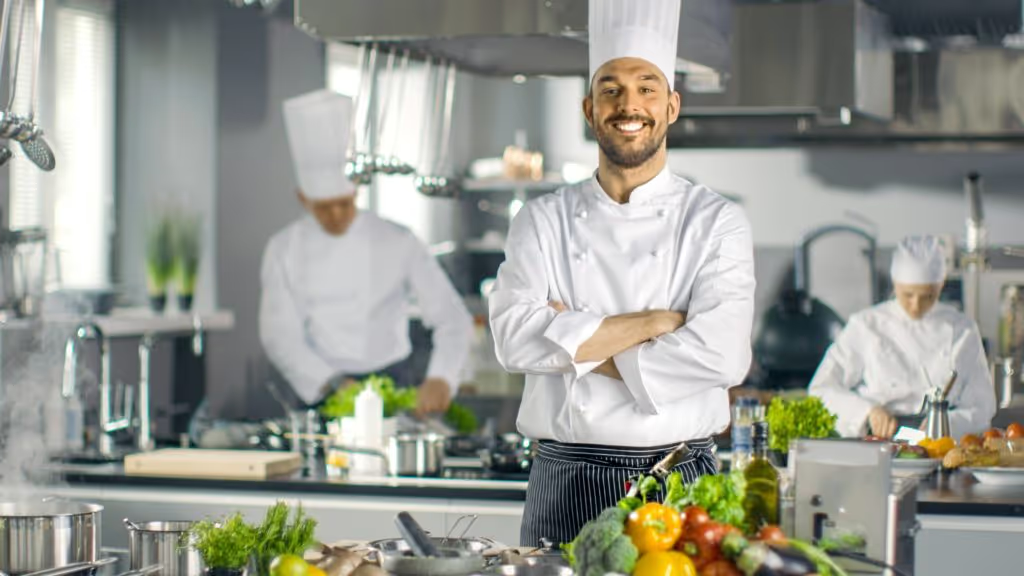
Motivation is another key tool that chefs use to rise to the top. This means that to be ready for culinary school, you must have a strong desire to become a professional chef or own your signature restaurant. A clear culinary goal gives you inspiration and direction in your studies, not to mention help you decide on a specialisation or niche.
How to Prepare for Culinary School
After determining if you’re truly ready to spend weeks, months, or years learning how to bake desserts or training to cook restaurant-quality meals, you can spend time preparing for your journey in culinary school.
Assess Your Techniques and Skills
Testing your techniques and basic skills in the kitchen is a great way to measure your readiness for culinary school and pinpoint where you stand in terms of learning. Brush up on your knowledge of the metric system and practice visualising the steps of following a recipe.
Establishing a routine of cleanliness by always clearing your work area as you go is also important for an aspiring chef. Remember that in the kitchen, no task is too small, and keeping a clean workstation is most definitely not a tiny errand.
Review Kitchen Terms
In a culinary school kitchen, you’ll hear a lot of unfamiliar terms that your mother probably didn’t use while she cooked the comforting dishes that inspired you to become a professional chef (that is, of course, unless she is a seasoned chef herself).
Considering this, you should review your culinary vocabulary so you won’t be lost when your culinary instructor mentions specific terminologies. For example, common words like “behind,” “heard,” “fire,” and “stage” have different meanings when used in the culinary setting.
Learn to be a Good Student in the Kitchen
To succeed in culinary school, you have to become a good student in the kitchen. That means following rules and protocols and understanding why they were put in place.
You see, there are only a few dangers in the traditional classroom, whereas, in the kitchen, you will be surrounded by countless hot surfaces and handling equipment such as sharp knives. The kitchen is also the place where food for other people’s consumption is prepared, so safe food handling practices must be observed. Being a good student in the kitchen is tantamount to keeping yourself and others safe at all times.
Practise listening attentively and paying close attention to what your instructor is teaching you. Know and follow all the kitchen safety protocols and continue working towards improvement, even if you get harsh feedback.
Remember that your future as an excellent chef depends on how diligent you are as a student.
Ready to Learn the Culinary Arts?
Learning the culinary arts may not be for everyone. But if you believe you have what it takes, then it makes sense to aspire to become a professional chef. We at ICCA are here to guide you through your journey in achieving your culinary goals. Send us a message to learn how you can enroll today.

